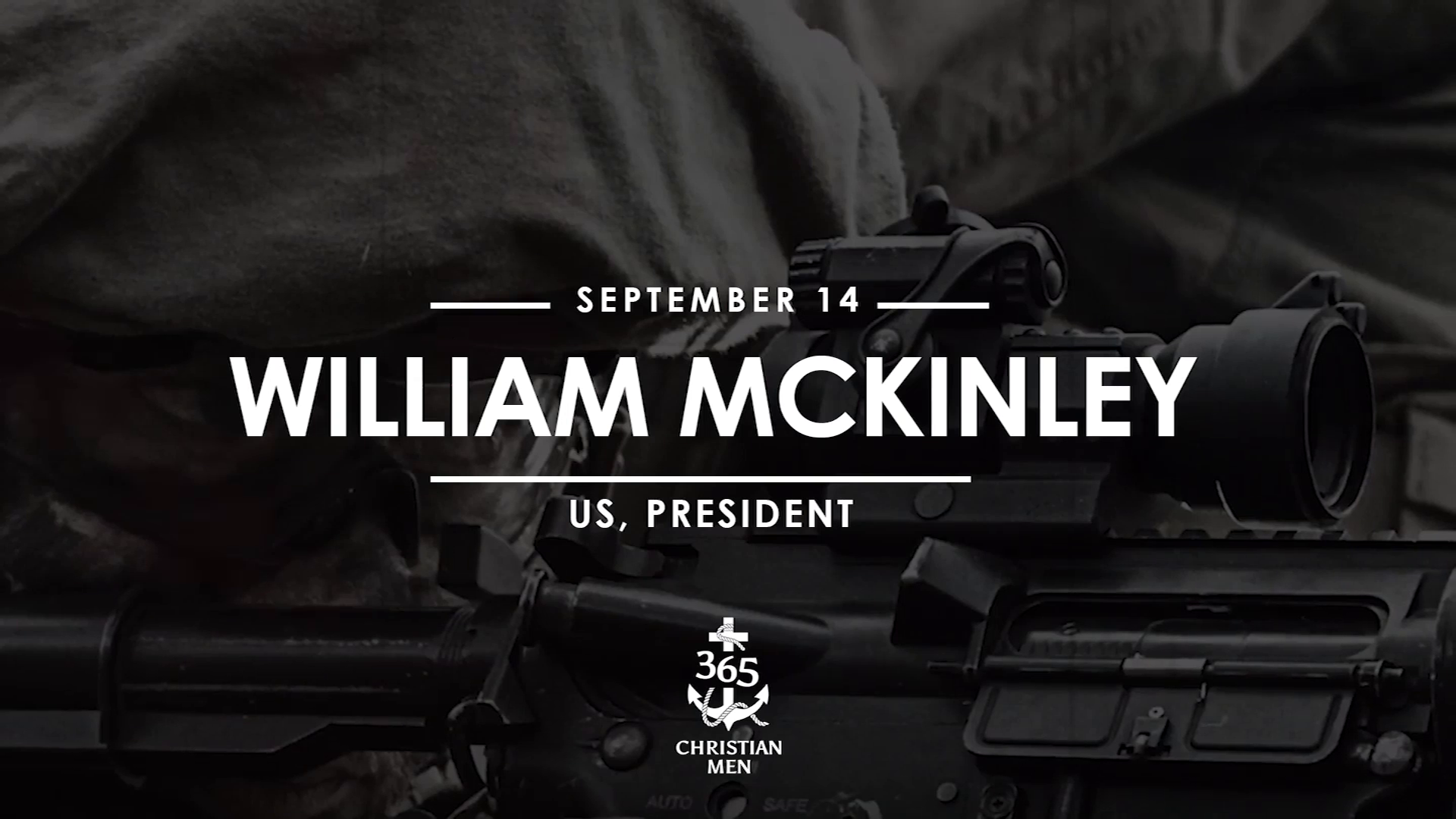September 23. Sam Childers. There was a time when Sam rode a sizable American-made motorcycle as a drug-addicted member of the Outlaws Motorcycle Club. Their nemesis club was Hell’s Angels, and Outlaws liked to say, “ADIOS,” which stood for: “Angels Die In Outlaw States.”
Later, after Sam became a Christian, he rode in a Land Cruiser, carried an AK-47, and fought to protect women and children in South Sudan. With his wife Lynn, Sam founded and operated Angels of East Africa, a Children’s Village orphanage in South Sudan.
Since 1998, at the orphanage, Sam has provided food, medicine, and armed security. Food for more than 300 children. And he opened 3 more orphanages in Ethiopia and others in Uganda.
On this date in 2011, Relativity Media released a Hollywood Movie: Machine Gun Preacher. Two years later, Sam received the Mother Teresa Award for Social Justice. But Sam tells anyone who will listen, “I didn’t rescue the children of Africa; they rescued me.”
When God interrupts our plans, one man’s “yes” can change everything.
Sam had been a gang biker, a drug dealer, and a high-school dropout, and one day in June 1992, he met Jesus. At a revival. Over the next few years, his life changed, and he started his own construction company.
In 1998, with a crew of dedicated volunteers from America, Sam arrived at his first Sudanese village. In the melting African heat, alongside local leaders, the volunteers repaired blown-out buildings, houses, and water towers riddled with bullet holes. They demolished unsafe schoolhouses.
With rusty, malfunctioning tools, they were determined to rebuild what rebel groups had destroyed. While they were working, shots fired, and explosions in the distance frequently caused the crew to drop their tools and jump into the nearest hole. The blasts vibrated the ground, and Sam thought, This is what people live with year after year, never knowing when the next strike will come or the next wave of soldiers with torches and machetes.
Sam rode into the next village with his “Russian-made, well-oiled” AK-47 on his lap, barrel resting on his left arm and poking out the window. He and his team came across an area where many had lost their lives. And death was no respecter of persons here. If people didn’t fall victim to the daily bloody raids led by the rebel armies, they became the unfortunate victims of a hidden landmine. These landmines were designed to cripple, not kill.
With the stench of death in the air and corpses all around, Sam found the body of a child. “I couldn’t tell if it was a boy or a girl. The lower half was just gone.” A child that no more than a few days ago had been running through the field and placed its little foot on a landmine. As Sam stood over the child, unable to look away, tears filled his eyes, and he made a vow to the Lord. “I will do whatever I have to do to help these people, these children. Whatever it takes, I’ll do it!”
Sam, now deemed by the children of Sudan as the Machine Gun Preacher, with God-given plans for an orphanage, a school, and a medical clinic, began to build. “I hadn’t come to Africa to help the children initially. But one young child, whose name I’ll never know, changed my plans, my heart, and the rest of my life.”
Change has certainly come to South Sudan. Thousands of people are fed every day, and hundreds of orphans have found a home.
Sam, by the world’s standards, had completely disqualified himself from being God’s man. But when he encountered the goodness of God through faith in Jesus, Sam was able to step into a destiny he could never have imagined.
“Therefore, my dear brothers and sisters, stand firm. Let nothing move you. Always give yourselves fully to the work of the Lord, because you know that your labor in the Lord is not in vain” (1 Corinthians 15:58 NIV).
The willing rebel became a giant in the kingdom of God because he said “yes” to what seemed impossible. Is there something seemingly impossible for you to walk through? When God interrupts our plans, one man’s “yes” can change everything.
Childers, Sam. Another Man’s War: The True Story of One Man’s Battle to Save Children in the Sudan. Nashville: Thomas Nelson Publishing, 2011.
Machine Gun Preacher. “About Sam.” Accessed July 3, 2020. www.machinegunpreacher.org
Robertson, Pat. “Sam Childers: Saving Children from the LRA.” CBN. Accessed July 3, 2020. http://www1.cbn.com/content/sam-childers-saving-children-lra.
Kohls, Ryan. “Sam Childers.” What I Wanna Know. Published March 29, 2013. http://whatiwannaknow.com/2013/03/sam-childers/.
Story read by: Daniel Carpenter
Introduction read by: Daniel Carpenter
Audio production: Joel Carpenter
Editor: Teresa Crumpton, https://authorspark.org/
Project manager: Blake Mattocks
© 2020, 365 Christian Men, LLC. All rights reserved.















